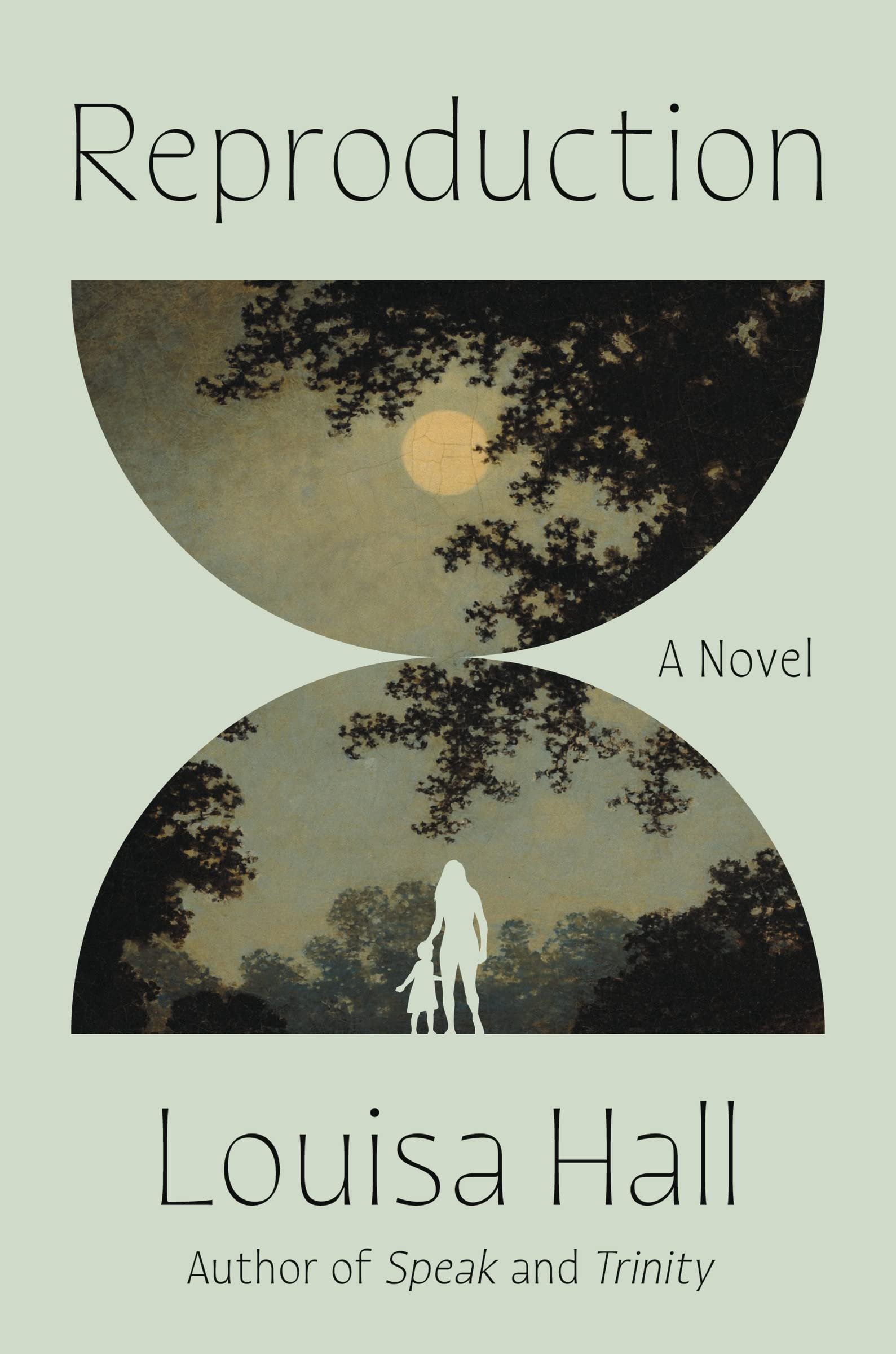
13 Aug Book Review of Reproduction
Exploring Life’s Uncertainties: A Review of Louisa Hall’s Reproduction
When I first picked up Louisa Hall’s Reproduction, I found myself torn by the duality of its topic: creation and suffering. As a writer myself, the parallels to Mary Shelley’s Frankenstein, often reflecting on the intricacies of life and death, beckoned me. Yet, I soon discovered that Hall’s narrative dives deeper into the complex realities of pregnancy, illuminating a world that feels all too pertinent in today’s socio-political climate.
At the heart of Reproduction lies the story of Hall’s narrator, a writer grappling with her own pregnancy struggles. Through her lens, we’re confronted with stark realities—molar pregnancies, triploid babies, and the agony of miscarriages—painting a haunting picture of the risks pregnant women face. These scenarios are not merely fictional embellishments; they resonate in an age where women’s rights over their bodies are often heavily debated. Hall’s meticulous detailing had me questioning why anyone would choose to embark on the journey of motherhood amidst such potential peril, especially in an environment where the option to choose is being curtailed.
What grips you in Hall’s writing is the raw emotional honesty with which she approaches these topics. She presents the uncomfortable truth about reproduction—it’s not just about the joy of bringing a new life into the world but also an acknowledgment of the lurking dangers and emotional tolls involved. As I read through the various experiences, I couldn’t help but reflect on the dissonance between societal expectations and personal realities. In a particularly touching moment, a friend asks the narrator to accompany her for a sonogram, a seemingly mundane event fraught with anxiety, and Hall captures that tension beautifully, eschewing dramatic flair for a more authentic portrayal of human experience.
One passage that stood out to me captures the essence of this internal struggle: “The body is both a vessel of joy and a harbinger of fear.” It resonated deeply, reminding me of how contradictory our feelings about reproduction can be. Hall’s narrative doesn’t shy away from the darker corners of this journey, challenging readers to confront their own beliefs and perspectives.
Hall’s unconventional narrative structure might not cater to those seeking a tidy resolution, as it doesn’t follow the traditional arc of a gripping thriller. Instead, it offers a reflective exploration that feels necessary—especially in these times where understanding the nuances of complex issues like reproductive rights is paramount.
I believe that Reproduction will speak to a diverse audience: anyone grappling with the choices of motherhood, medical professionals, and activists who wish to understand the personal narratives that underlie systemic issues. It’s not just a book; it’s a conversation starter, a chance to reflect on the societal expectations placed upon women, and a call to recognize the complexities of bodily autonomy.
Reading Louisa Hall’s thoughtful exploration impacted me profoundly. It prompted me to reflect not only on the realities of reproduction but also on the cultural narratives surrounding women’s rights today. It’s a poignant reminder of the myriad complexities women face, making Reproduction a crucial read for anyone wishing to engage in meaningful dialogue about choice and the often-overwhelming journey of bringing life into the world.
Discover more about Reproduction on GoodReads >>









